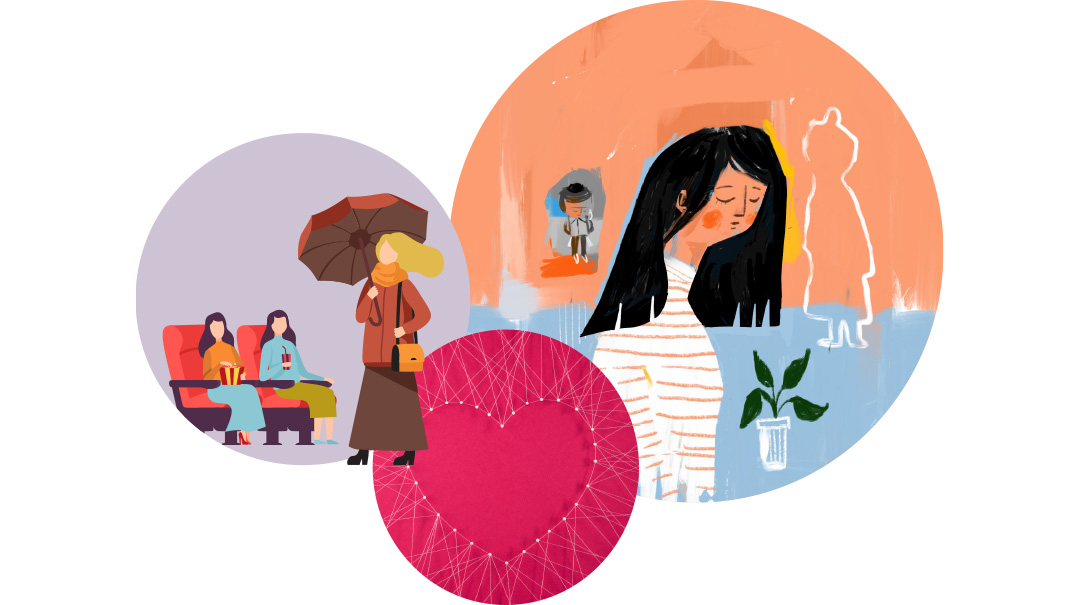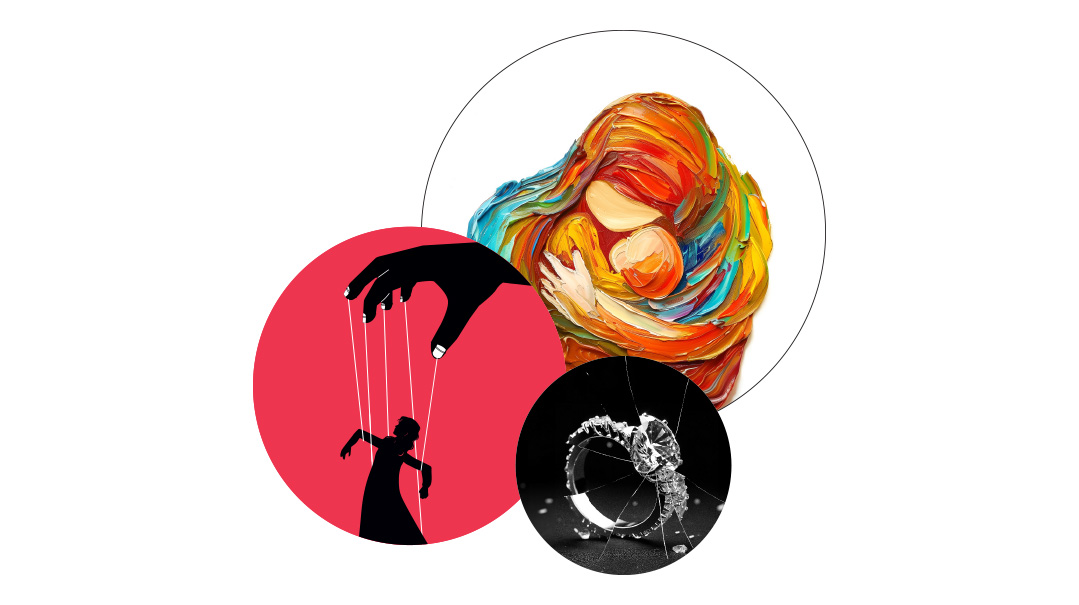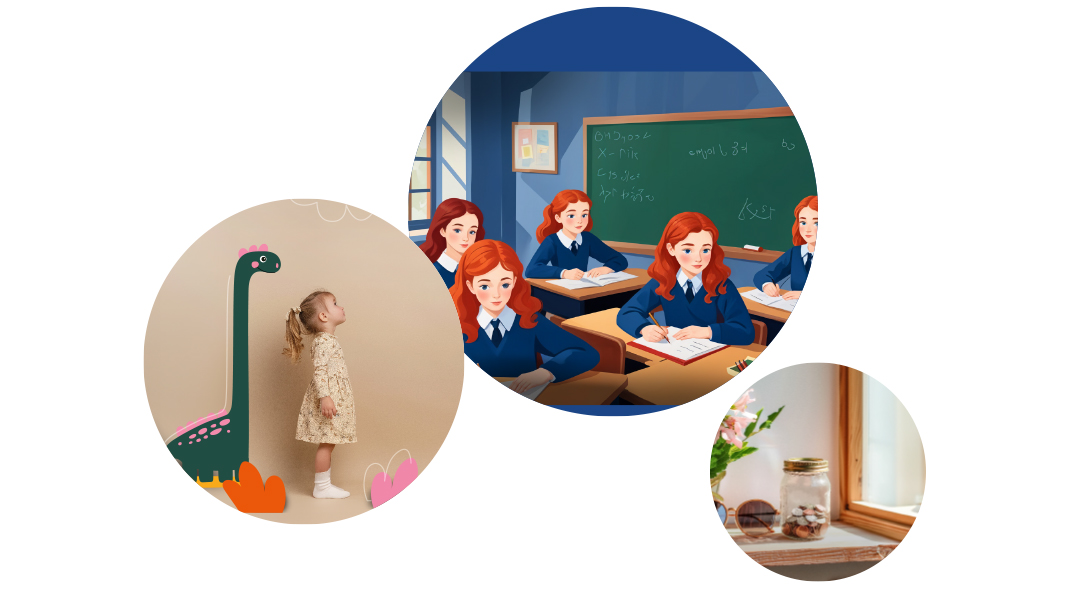Family First Inbox: Issue 835

“My family and I were just confused by the assumption that being friendly and nice is socially off”

Is Being Nice Not Normal? [Day of Defiance / Issue 833]
I never thought my daily actions could have been included in your recent article about defying social norms. Defiance seems a little dramatic for a nice, friendly conversationalist soul. I didn’t realize it lacked social normalcy to talk to someone at a play who you will be sitting next to for three hours. It actually makes the environment more pleasurable! Nor did I realize complimenting random strangers isn’t normal. Actually, those compliments go the furthest. Isn’t it sweet when a total stranger compliments your well-behaved children at the park or on a long plane trip?
After reading this challenge, I realized I’m socially not normal. I’m nice. I dispense free, genuine compliments to the UPS man and many others. I actually enjoy talking to strangers when stuck together for a while. Time passes faster, for example, when waiting on a long line, in the waiting room, etc. I think people feel validated and happy when you acknowledge their presence. My family and I were just confused by the assumption that being friendly and nice is socially off.
A Typical Tristate Friendly Person
The Boys Are Lucky to Date Us, Too [Stand By / Issue 833]
On behalf of all single girls, I want to thank Chava Meisels for her amazing serial. It’s so validating and refreshing to read about girls at the same stage as I am. Your depiction of both the challenges and the fun are spot-on.
I especially appreciated the story this past week, when Chayala thanks Mrs. Gutmacher for setting her up, and she responds that the boy should be thanking her because Chayala is amazing. In a world where boys are the commodity, and amazing girls are a dime a dozen, this is truly a unique response.
When I receive a yes from a great boy, I feel like reciting Nishmas. When I want to say no to this great boy, I’m persuaded to keep trying because I’m lucky to go out with him. When I thank the shadchan for setting me up, she responds graciously that it was her pleasure. I’ve never been told that the boy was lucky to date me.
So thank you for reminding us that even though there are so many amazing girls, that doesn’t take away from our personal value. And thank you for reminding us that boys are lucky to date us, too.
A Single Girl Who Would Love to Join the Four Friends
Parents, Don’t Give Up! [Inbox / Issue 833]
I read with great interest the stream of letters to the editor following Miriam (Pascal) Cohen’s article sharing her painful journey with food and fat-shaming. I was dismayed to see so many deeply felt reactions concerning body image. One letter after the other emphasized a focus on outer appearance and weight, rather than health. Shouldn’t we be developing a model of health, rather than a non-Jewish, unrealistic model of attractiveness, so that every girl can shine and step into her best self emotionally and physically?
While the original article and responses seemed to advocate for creating healthy images of weight and self-acceptance, the barrage of responses indicates that many still feel it’s an impossible battle. Some of the letters carry a message that no matter what women do for themselves or their overweight children, they can’t win, and their children are doomed to develop a negative self-image. Many are obsessed by worry: Maybe they will create an eating disorder if they try to set limits. Maybe their child will grow up resentful or damaged in other ways. Can we parent effectively like that — out of fear?
I completely disagree with these approaches. Parents should never give up! If your child has social skill issues, wouldn’t you help build their skills, on your own or with the help of a therapist? If your child has motor issues, wouldn’t you get him physical therapy so he can function optimally? If your slim child eats too much candy, wouldn’t you help him find a healthy limit, by modeling and teaching healthy limits and behavior? Why discourage parents from helping their children develop reasonable limits?
We’re no strangers to setting limits in our Yiddishkeit. Hashem gave us a Torah to help us live with limits to develop our characters and live on a higher level. As parents, we can model and teach this through healthy living and eating.
Teaching and modeling healthy eating habits doesn’t mean hovering over children while they eat or controlling their caloric intake. It’s not about putting them on a diet or taking them to Weight Watchers, or using prizes or punishments. It means we work to teach a healthy balance, in the same way we teach our kids balance in all areas of life.
We all need limits to be healthy! We can show our kids that our bodies need movement, and that exercise helps us drink more water. We can help them discover their own right track and show them how to get back on it when they slip off.
And let’s teach our children not to use food to handle strong emotions. Let’s help them brainstorm, “How do I react? What happens when I use food to deal with my emotions?”
I’m a formerly chubby child who used to use food to deal with my emotions. I really get these children. They may not know how to stop, but we as parents can help them find the right balance. We can show them that we want them to take the best possible care of their bodies. We can prepare delicious, healthy food, and encourage them to enjoy it.
Obesity puts people at high risk for many diseases — diabetes, heart disease, and more. Focusing on health is very different from worrying about whether your daughter can fit into a size 2 when she starts dating. It creates lifelong good habits.
Parents, please!
Let’s not encourage obesity.
Let’s not encourage body-shaming.
Let’s also not encourage a lack of limits or, chas v’shalom, giving up.
We all need health and menuchah, and our children need us to teach and energize them!
Let’s help our children step into their best selves.
Just sharing my thoughts,
Yael Walfish, LCSW
Put Your Family First [On Second Thought / Issue 832]
The article about the woman visiting her great-aunt in the nursing home really struck a chord with me. I’m in a position where I’m often called upon to help people in need, and I’ve come to the realization that my family needs me just as badly. As hard as it was, I’ve made some major changes in my life and have had to regretfully decline some chesed opportunities, but I know I’m doing the right thing. I would like to encourage other people in my position to please put their family first! That’s your mitzvah!
Name Withheld
Since Time Immemorial [Words Unspoken / Issue 831]
To the mother who wrote the Words Unspoken to her feuding children,
Your words express the bitter plight that has found you in an untimely manner. I understand that your pain is raw; the jagged wounds have been slashed open time and again.
I wanted to point out that although your suffering is unfathomable, it isn’t exclusive. You claim that it’s unthinkable that a family should split due to opposing opinions. Indeed it is heartrending, but since almost the beginning of time, since Kayin and Hevel, families have always been splitting up and fighting. I hope that your pain is put to ease very soon with this exposure of truth, when the two sides realize they can co-exist, with each following their own path, while respecting the other.
Hatzlachah,
R.T.
A Brand-New Path [Care to Connect / Issue 828]
I’ve been following the discussion about feeling stuck with davening. In 2016, I wrote a book called Conversations with G-d, a modern siddur for women framed as organic conversations with Hashem. I wrote it with the intended audience as non-frum women, trying to give them, perhaps for the first time, an understanding of what prayer really is. To my surprise, this book has resonated with the frum community. Many women (and men!) have told me that it has completely altered their davening and given them a brand-new path to tefillah. I humbly suggest that those who feel stuck try it out.
Ruchi Koval
(Originally featured in Family First, Issue 835)
Oops! We could not locate your form.







